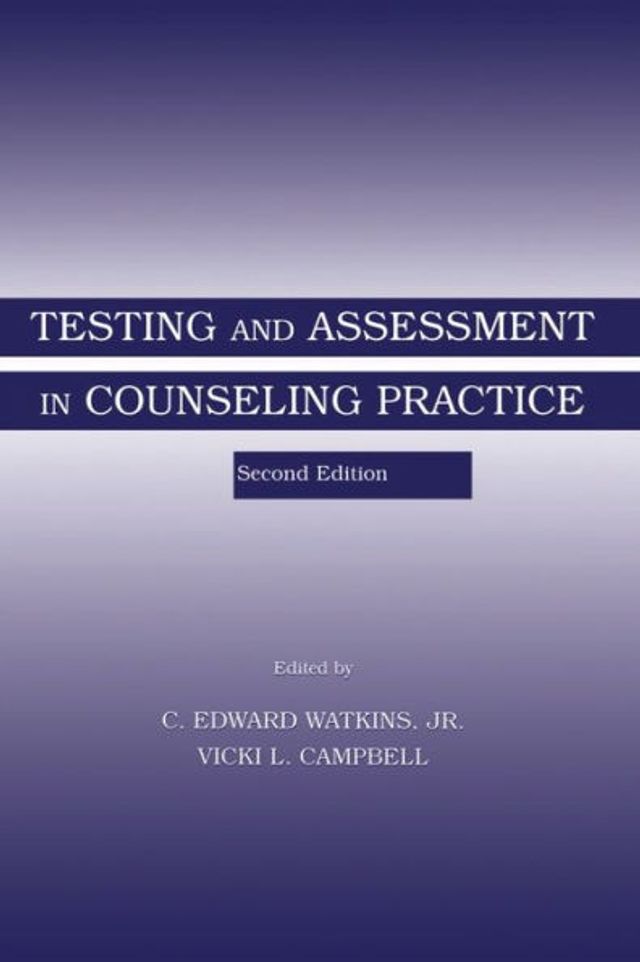Home
Interviewing and Diagnostic Exercises for Clinical and Counseling Skills Building / Edition 1



Interviewing and Diagnostic Exercises for Clinical and Counseling Skills Building / Edition 1
Current price: $69.95
Loading Inventory...
Size: OS
The authors, who bring to their task a combined 31 years of practice and 24 years of teaching these skills, present 20 complex profiles of a broad range of clients--adults, teens, and children; differing in ethnicity, gender, religion, socioeconomic status, presenting problems, and problem severity. The profiles provide students/trainees with a wealth of information about each client's feelings, thoughts, actions, and relationship patterns on which to draw as they proceed through the different phases of the intake/initial interview, one playing the client and one the interviewer. Each client profile is followed by exercises, which can also be assigned to students not participating in role-playing who have simply read the profile.
The profiles are detailed enough to support a focus on whatever interviewing skills an instructor particularly values. However, the exercises highlight attending, asking open and closed questions, engaging in reflective listening, responding to nonverbal behavior, making empathetic comments, summarizing, redirecting, supportively confronting, and commenting on process. The authors' approach to DSM-IV diagnoses encourages students to develop their diagnostic choices from Axis I to Axis V and then thoughtfully review them in reverse order from Axis V to Axis I to ensure that the impacts of individual, situational, and biological factors are all accurately reflected in the final diagnoses. Throughout, the authors emphasize the importance of understanding diversity and respecting the client's perceptions--and of reflecting on the ways in which the interviewer's own identity influences both the process of interviewing and that of diagnosis.
will be welcomed as a invaluable new resource by instructors, students, and trainees alike.


















